Martial Peak Reviews
Marilyn Barr’s Marrying My Moth Lady is a captivating tale that intertwines environmental activism with a unique romantic narrative. The story centers around Millie May Moth, a determined protagonist who is willing to go to great lengths to protect her beloved treehouse from the encroaching threat of industrialization. Her desperation leads her to kidnap Dr. Horus Mills, a scientist whose research inadvertently supports the very forces she is fighting against. This setup provides a compelling backdrop for exploring themes of integrity, love, and the clash between personal values and professional obligations.
One of the most striking aspects of Barr’s novel is its exploration of environmental themes. The narrative delves into the complexities of conservation and the ethical dilemmas faced by those who work in scientific fields. Dr. Horus Mills is portrayed as a man caught between his passion for preserving the ecosystem and the financial incentives offered by a mining company. This internal conflict is a central theme of the book, and Barr skillfully navigates the nuances of this moral quandary. The author raises important questions about the responsibilities of scientists and the potential consequences of their work, making the reader ponder the real-world implications of such dilemmas.
Character development is another strong suit of Marrying My Moth Lady. Millie May Moth is a refreshingly unconventional heroine. Her determination and resourcefulness are evident from the outset, and her character arc is both believable and engaging. Millie’s infatuation with Dr. Mills adds a layer of complexity to her motivations, and Barr does an excellent job of portraying her internal struggle between admiration and the need to stand up for her beliefs. Millie’s journey is one of self-discovery, and her growth throughout the novel is both satisfying and inspiring.
Dr. Horus Mills, on the other hand, is a character whose development is intricately tied to the unfolding events. Initially portrayed as somewhat oblivious to the consequences of his work, Horus undergoes a transformation as he becomes more aware of the impact of his research. His character is a testament to the idea that personal growth often comes from facing uncomfortable truths. Barr’s portrayal of Horus is nuanced, and his evolution is handled with a deft touch that avoids clichés.
The dynamic between Millie and Horus is central to the novel’s appeal. Their relationship is built on a foundation of mutual respect and shared goals, even as they grapple with their differences. Barr’s writing shines in these moments, capturing the tension and chemistry between the two characters. The romance is understated yet powerful, adding depth to the narrative without overshadowing the larger themes at play.
In terms of style, Barr’s prose is both evocative and accessible. Her descriptions of the forest and its inhabitants are vivid, painting a picture of a world worth fighting for. The dialogue is crisp and realistic, with each character’s voice distinct and well-defined. Barr’s ability to balance the personal and the political is commendable, and she manages to convey complex ideas without sacrificing the story’s emotional core.
Comparatively, Marrying My Moth Lady shares thematic similarities with works like Barbara Kingsolver’s Flight Behavior and Richard Powers’ The Overstory. Like Kingsolver, Barr uses the natural world as a backdrop for exploring human relationships and societal issues. However, Barr’s approach is more intimate, focusing on the personal stakes involved in environmental activism. Similarly, while Powers’ novel is expansive in scope, Barr’s story is more contained, allowing for a deeper exploration of her characters’ inner lives.
Overall, Marrying My Moth Lady is a thought-provoking and emotionally resonant novel that will appeal to readers interested in environmental issues and character-driven stories. Marilyn Barr has crafted a tale that is both timely and timeless, reminding us of the importance of standing up for what we believe in and the power of love to inspire change. The book’s impact lies in its ability to make readers reflect on their own values and the choices they make, making it a compelling read for anyone seeking a story with heart and substance.
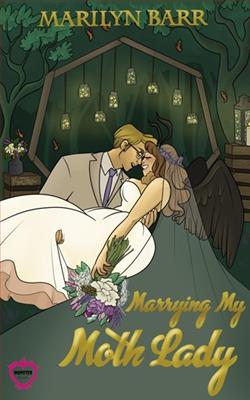





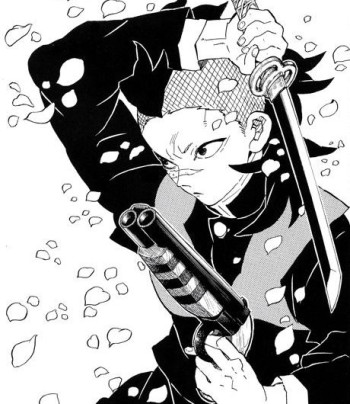

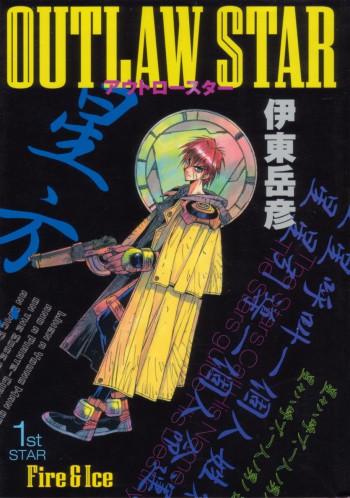
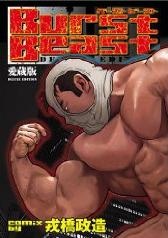
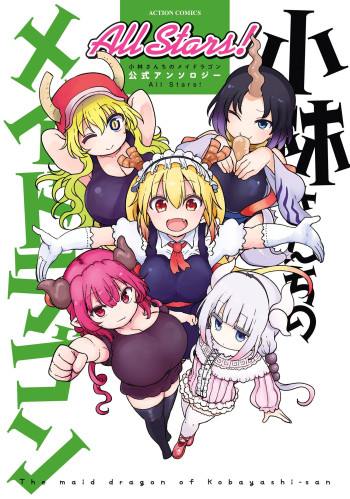













Reviews 0
Post a Reviews: